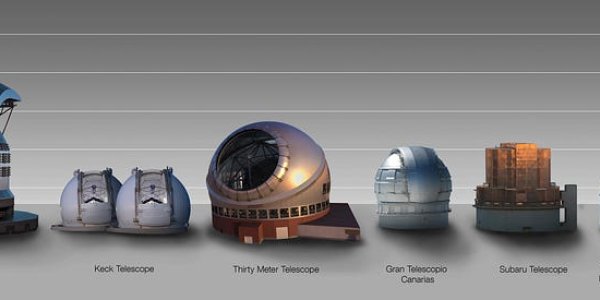Scientists have identified four Antarctic glaciers that pose a threat to future sea levels using satellite observations, according to a study published in the journal Science.
Experts from the University of Edinburgh and University College London determined the effect that Antarctica and Greenland were having on global sea level in a comprehensive evaluation of the Earth’s ice sheets. They found that together these two ice-sheets were responsible for a sea level rise of 0.35 millimetres per year over the past decade – representing about 12 per cent of the current global trend.
However, despite recent attention that has focused on the importance of the Greenland ice sheet, the research shows that its glaciers are changing too erratically to establish a trend with confidence. In contrast, four major glaciers in East and West Antarctica were shown to be retreating in unison, raising concerns that global sea level could rapidly rise if the oceans continue to warm.
Dr. Andrew Shepherd, at the University of Edinburgh’s School of GeoSciences, said: "Our assessment confirms that just one type of glacier in Antarctica is retreating today – those that are seated in deep submarine basins and flow directly into the oceans. These glaciers are vulnerable to small changes in ocean temperature, such as those that have occurred over the 20th century, and those predicted for the 21st century. A rise of less than 0.5 ºC could have triggered the present imbalance."
Professor Duncan Wingham, at University College London, insists that the success of the research lies in the satellite instrumentation from which it is derived: "The extreme precision with which we can now make measurements of the Earth’s surface allows us to see the increasingly subtle changes within the ice sheets that will govern their future sea level contribution."
Written from a news release by University of Edinburgh.



